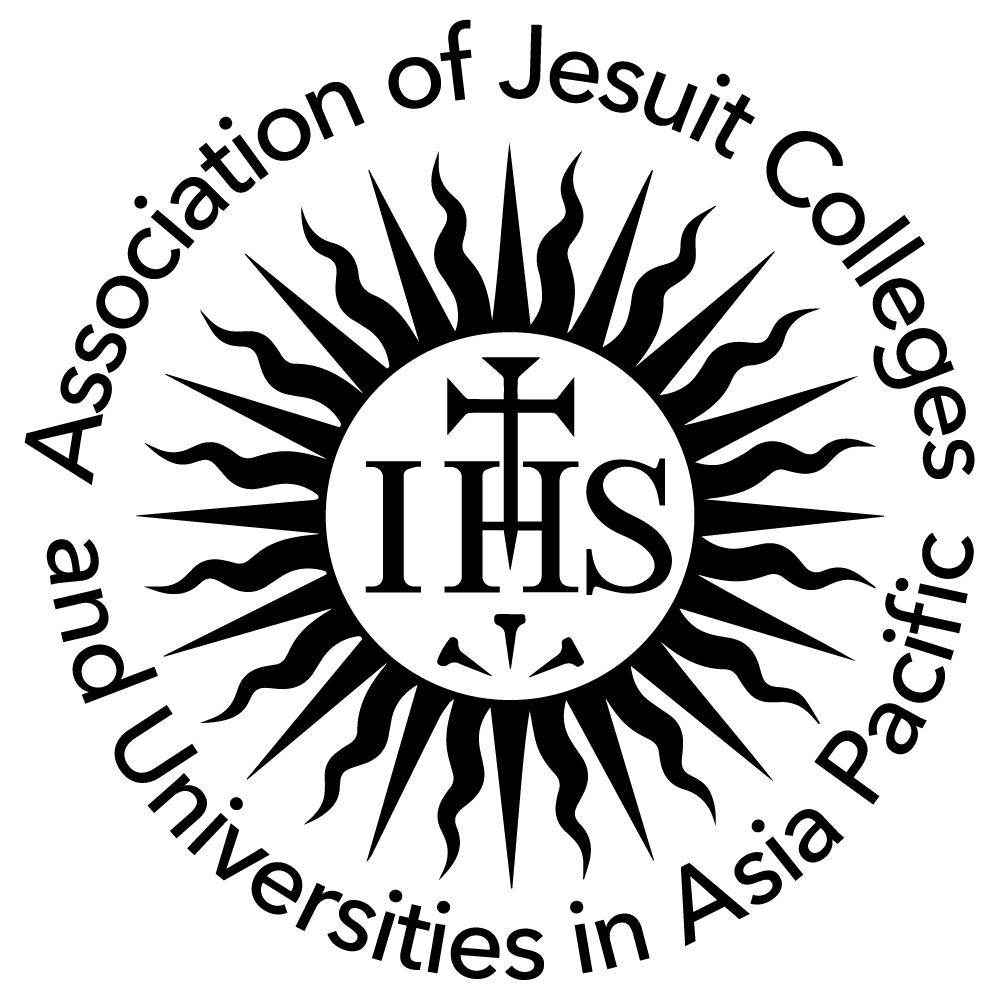TERMS OF REFERENCE
GLOBAL LEADERSHIP PROGRAM 2017
6-12 AUGUST 2017
SOPHIA UNIVERSITY, TOKYO
Background
This year’s Global Leadership Program focuses on the themes of Ignatian Leadership Formation and Urban Renewal in Tokyo. As the human family grows around the world, major cities are impacted by the rise of populations making Urban Renewal an important dynamic to the health and well-being of billions of people. Cities are becoming increasingly the public spaces of choice inwhich more and more individuals are seeking both a livelihood and a meaningful existence. The United Nations reports that: Today, 54 per cent of the world’s population lives in urban areas, a proportion that is expected to increase to 66 per cent by 2050. Projections show that urbanization combined with the overall growth of the world’s population could add another 2.5 billion people to urban populations by 2050, with close to 90 percent of the increase concentrated in Asia and Africa, according to a new United Nations report. (UN, 2014) Moreover, the world’s urban centers are the home to the economic and political organizations that steer the global economy managing vast amounts of wealth through capital markets that impact billions of people. Tomorrow’s leaders will be those that direct not only the organizations and institutions that run our governments, businesses, and public health centers, but those who’s decisions either directly or indirectly impact
the urban spaces in which the majority of the world’s population will be living and working.
Leadership today requires therefore more than managerial skill, political adeptness, and a grasp of complex organizational dynamics and their impact on our cities. Leadership in a complex world of interconnected urban populations requires personal vision; a foundation in human values that provide a ba
Proposed sub-themes include:
1. Urban Water Resource Management
Human beings are unable to sustain life without access to clean water. In the growing metropolises of the world, water contamination, purification, and access as well as storm water removal and water sustainability remain vital challenges for those leaders involved in managing this precious resource safely and dependably for millions of urban residents. Water in the form of urban rivers, reservoirs, and ponds are also a source of refreshment, recreation, and beauty, enhancing the livability of urban landscapes and require upkeep and protection for all generations living in our cities. Leadership in the form of urban water resource management begins with an understanding of stewardship and the multifaceted role water plays in our lives. The proper management of this life-sustaining and precious resource can literally mean life or death for millions of people. As the world experiences not only population growth but also an increase in extreme weather phenomenon such as droughts and storms, providing water to the future of our cities will be a challenge leaders face as water becomes an even more precious commodity around the world.
2. Urban Agriculture
It goes without saying that food is not only sustenance, but a major source of happiness for human beings, bringing us to table with family, friends and colleagues in conversation and celebration. The growing and procurement of
food was also once a major component of every human life connecting people to the land and seasons around them. As national populations continue to grow and more and more people continue to choose urban centers in which to find work, an ever greater proportion of the world’s population is becoming alienated from the sources of food that sustain their lives. New trends however towards urban agriculture are building awareness of the importance of locally produced food as a source of bodily and psychological health, and as a way of building strong communities in what can otherwise be fractured urban landscapes. The cultivation, processing, and distribution of food are leadership responsibilities many take for granted. However, through urban agricultural projects people in cities are beginning to reconnect with an important part of what it means to be human as leaders in this field demonstrate
that living in a city does not have to be a barrier to growing and enjoying locally produced food.
3. Urban Entrepreneur
We often hear that we are living through a technological revolution and that now, and more so in the future, the skills that will be needed are those of creativity and innovation. Entrepreneurs are those individuals who dream of a better future and a better way of doing things and set out to realize their vision by offering products or services that enhance life. Urban environments are incubators for creativity and innovation as entrepreneurial visionaries meet,
collaborate and realize their dreams for millions of fellow urban residents creating, recreating, and renewing by their activity the very cities in which they live and work. Leadership as an urban entrepreneur is about assessing personal goals and values from which can be drawn a sense of purpose and energy for innovation. The greater a person comes to understand their own ideals and desires, the better they can become at seeing the needs of the world and designing, launching, and running businesses that seek to meet those needs. Entrepreneurship takes courage, commitment, and vision. Ignatian leadership can help entrepreneurs uncover and understand their deepest desires so as to serve the world while becoming their best selves.
Further Reading:
Lowney, C. (2003). Heroic Leadership: Best Practices from a 450-year-old Company that Changed the World. Chicago, IL: Loyola Press.
Martin, J. (2010). The Jesuit Guide to (Almost) Everything: A Spirituality for Real Life. New York, NY: Harper Collins.
E. Gardner & C. Fruneaux (eds.) (2015). Tokyo totem: A Guide to Tokyo. Japan: Flick Studio, and Amsterdam: Monnick.
United Nations (2014). World’s Population Increasingly Urban with More than Half Living in Urban Areas. Retrieved from http://www.un.org/en/development/desa/news/population/worldurbanization-prospects-2014.html
